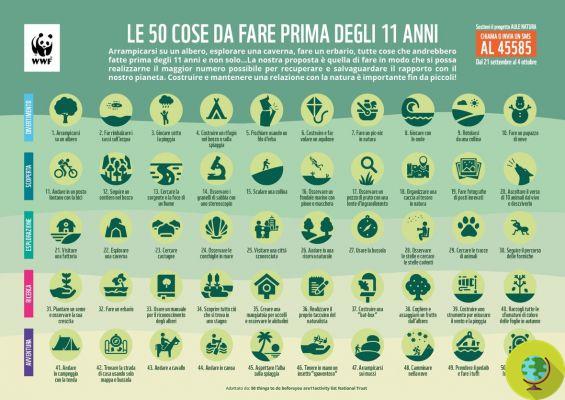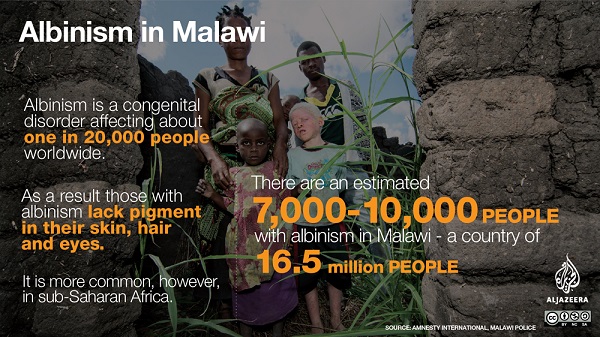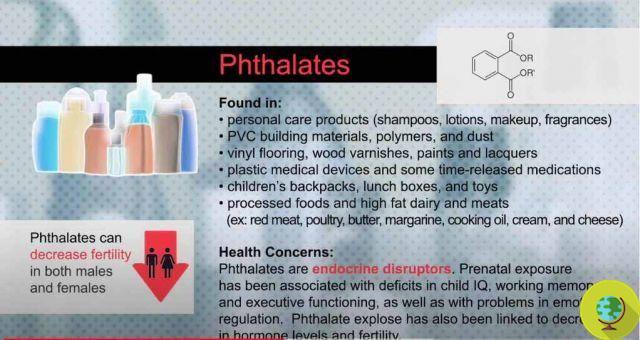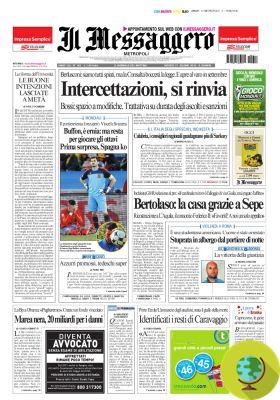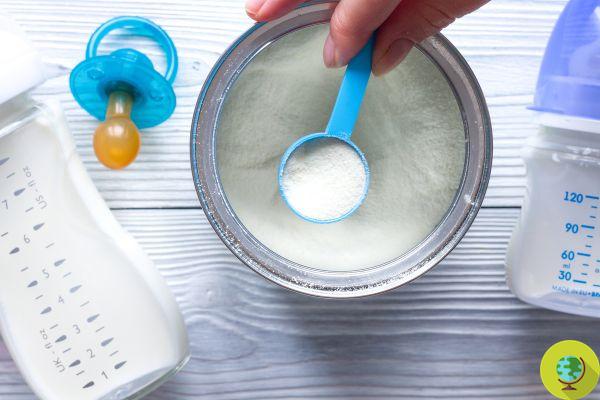
The infant formula is a highly consumed food product but there is little evidence to support its true nutritional effects.
Don't store avocado like this: it's dangerousMarketing research for formula milk should be banned, researchers argue: current regulations do not effectively prevent potentially misleading claims
Nutrition and health claims related to infant formula are not adequately substantiated and, more importantly, could also be harmful. Some British scholars claim that infant formula is a food product consumed in large volumes, but when you look at claims on nutritional or health effects, there is little evidence to support it.
They are the researchers of the National Heart and Lung Institute of Imperial College London and start from these assumptions: despite improvements in infant formulas over the past 150 years, formula is still associated with greater risks to mother and baby health than breastfeeding .
Manufacturers try to limit these risks through continuous changes to the composition of the formulas themselves, but they are often changes accompanied by summary and approximate health or nutrition claims that most of the time are also unfounded.
Powdered milk: full of hydrocarbons and pollutants. The best and worst according to a German test
This is the point made by the experts who in the analysis insist that the current regulatory framework does not effectively prevent potentially misleading claims which may pose health risks to a vulnerable population, so how can we prevent the harm associated with infant formulas or ensure at the same time that infant formula fed infants themselves benefit from improvements in formula composition?
In short, according to scholars, the scientific evidence underlying the claims made to consumers and healthcare professionals for infant formulas around the world is often too weak.
All this despite "the World Health Organization code of conduct recommends not promoting the infant formula and states that information for healthcare professionals should be 'scientific and factual," recalls Dr Robert Boyle, first author of the study and child allergy specialist at Imperial's National Heart and Lung Institute.
“This regulatory failure and the associated potential risk of harm suggest a need for a new approach,” the team argues.
In conclusion, the restrictions on the use of health and nutrition claims for infant formula according to the British researchers must be balanced with adequate incentives for manufacturers to develop new or improved products. This is why they propose that any changes to the composition of the infant formula must require approval for placing on the market and that "the scientific substantiation bar must be significantly higher than that currently used by manufacturers to justify their claims", they say.
Finally, when a change in the composition of infant formula is shown to have a beneficial effect on health, that change should be added to Codex international food standards so that all infant formula-fed infants can benefit.
This is how the British experts intend to make a milk that, in any case, will remain "artificial" at least a little safer.
We, from our little one, as always, insist on the fact that breastfeeding should be favored in all ways (cases in this are really rare if the mother is well looked after by specialized personnel), thus avoiding having to resort to formulas.
Sources: BMJ / Imperial UK
Read also:
- Artificial milk: Some contain twice the sugar of fizzy drinks
- How formulated milk companies take advantage of cow's milk allergy to sell more. The investigation
- Artificial milk contaminated by 3-MCPD (LE MARCHE)




